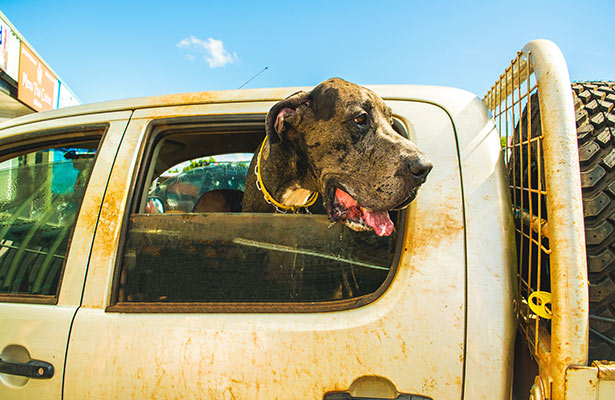
When buying portable air compressors, there are several things you need to look out for. To ensure you’re making the right purchasing decision. These include factors such as air pressure and quality, portability (a must), tank size, pressure cycle and duty cycle.
While many can determine these factors themselves, getting advice from a professional. Making it worthwhile so that you can be confident in your decision. At Mobile Energy Australia, we specialise in portable air compressors and stock a wide range of machines. That are suitable for use on both a domestic and industrial scale. Our team thoroughly enjoy offering advice to customers; therefore, we’ve decided to provide a comprehensive guide below on things to look for when buying portable air compressors.
Air Pressure and Air Quality when buying portable air compressors
Being an air compressor, one of the most important things to look for when making your purchase is the air pressure and quality. In order to serve its purpose, an air compressor must deliver a volume of air to tools at the right pressure.
For example, if a tool requires 174psi to operate, your compressor must be able to deliver air at 174psi. In the same way, if a tool only needs 80psi, you can adjust a higher psi tool to supply a lower pressure. Therefore, always purchase your air compressor to power the highest-pressure tool you have.
Air quality, on the other hand, refers to the cleanliness of the air your compressor is producing. As compressors can produce air of varying quality, dust, moisture and oil particles can all be present in the air flow if the compressor doesn’t have good air quality. Therefore, it’s a good idea to choose a compressor that has particle and moisture filters installed, lessening the risk of contaminated air.
Free Air Delivery
Free Air Delivery refers to the volume of air a compressor produces and is measured in litres per minute (or CFM) and relates directly to a tool’s air consumption requirement. Similar to air pressure, a tool that has an air consumption of 150 l/min, the air compressor’s Free Air Delivery will also need to be at minimum, 150 l/min. Additionally, if you intend on using the air compressor for multiple tools, it’s important that you add up the air consumption value of all the tools you’re planning on using the compressor for and choose a compressor with a Free Air Delivery rating that meets the total air demand.
Tank Size
The tank size you choose will be determined by the way you intend to use your compressor. It’s important that you choose the size carefully to accommodate for all intended uses. Tools that you want to use for short bursts of time. May only require a small tank because the pressurised air won’t be used up quickly.
On the other hand, a larger tank is required for tools that need to be used for a longer period of time to sustain the amount of air flow. Keep in mind, however, that a larger tank will affect ease of portability.
Pressure and Duty Cycle when buying portable air compressors
Many compressors force the air into an internal storage tank. Which increases the pressure until it reaches a maximum where the compressor shuts off. When the air is being used by your tool of choice. The pressure will decrease in the tank until it reaches its minimum before turning back on and re-pressurising it. This is called the pressure cycle. As you’re probably aware, producing air is dangerous. Pressure if it isn’t managed correctly, i.e., with a good pressure cycle. This is because it has time to cool down and prevent overheating. When the compressor is turned off after reaching the maximum tank pressure.
The duty cycle is the ratio between pressurisation and cool-down. Should be no more than 60% of the time turned on and 40% of the time turned off. This can be controlled by choosing a compressor with a higher FAD rating. Or have a large storage tank to reduce overheating, especially if you are using high-air consumption tools.
If you have any questions about our range of portable air compressors. Please contact the friendly team at Mobile Energy Australia on 07 3273 6803.
